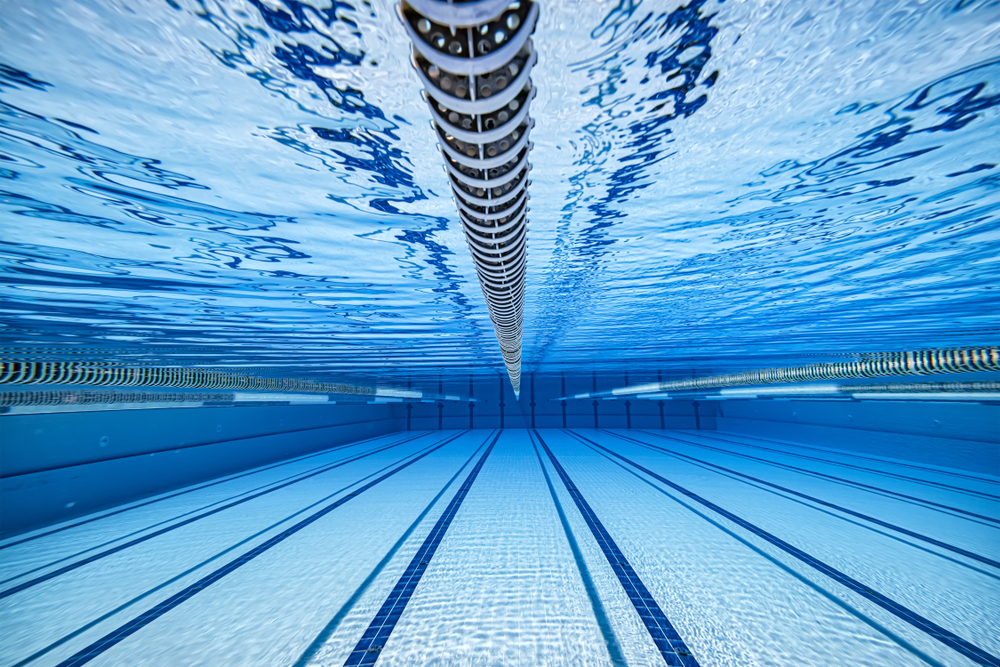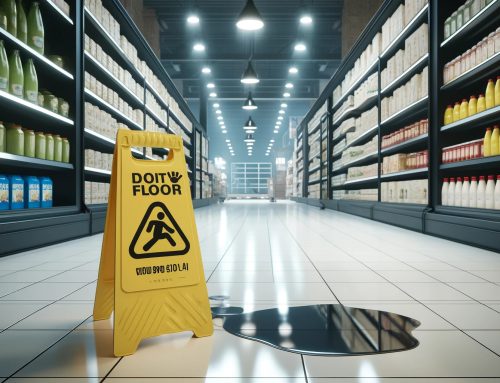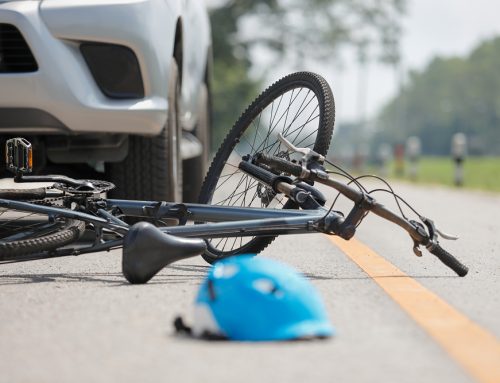Swimming pools become a popular destination for many individuals looking to cool down and relax when the summer heat strikes Florida. Swimming pools can be delightful and entertaining, but they can also be hazardous. According to the Centers for Disease Control and Prevention (CDC), drowning is the top cause of accidental death for kids between the ages of 1 and 4. Accidents involving slip and falls frequently occur near swimming pools. It is critical to understand your legal rights if you or a loved one has been injured in a swimming pool accident.
Pool accidents and premises responsibility
According to Florida law, property owners are required to keep their properties in a secure state for guests. This includes maintaining swimming pools and the neighborhood. The owner of the property may be held accountable for damages if they breach this duty and someone is hurt as a result.
Instances of irresponsibility that frequently lead to accidents in swimming pools include:
- Insufficient upkeep of the pool’s machinery
- Absence of a pool barrier or other safety precautions
- Inadequate guardianship of visitors or youngsters near or in the pool
- Failure to alert guests to potential hazards such sharp edges or uneven surfaces
- Alcohol use while swimming, which could impair judgment and increase the likelihood of accidents
What to do if you’ve been in an accident in the pool
To get medical help after a pool accident is the first thing you should do. Even if you believe that your wounds are small, it is crucial to have them checked by a doctor because some wounds, such head trauma or spinal cord damage, may not be seen right away.
You should speak with a personal injury lawyer after seeking medical attention so that they may advise you on your legal options and assist you in determining if you have a strong case for premises liability. Your lawyer can also help you collect proof to back up your claim, bargain with insurance providers, and, if required, represent you in court.
Pool Fences
All swimming pools constructed after October 1, 2000, must have a fence that is at least 4 feet tall, according to the Residential Swimming Pool Safety Act, which was passed in 2000. A self-closing, self-latching gate that opens away from the pool is a must for the fence. Property owners who break the law may be subject to fines of up to $5,000 per offense.
The goal of the pool fence rule is to keep kids out of swimming pools, which is a major contributor to drownings and other pool-related mishaps. The regulation adds an added degree of security by mandating pool barriers, which keeps kids from wandering into the pool area unattended or accidently falling in.
Despite being a crucial tool in minimizing pool accidents, pool barriers are not infallible. In order to guarantee the security of their visitors and guests, property owners must also adopt additional safety measures. These include keeping the pool and its accessories in good condition, keeping watch on youngsters or visitors while they are in or about the pool, and alerting guests to any potential dangers such sharp edges or uneven surfaces.
At Tucker Law, we are aware of the severe effects a pool accident may have on your life. In a variety of personal injury matters, including premises liability lawsuits involving swimming pool mishaps, our skilled attorneys have successfully defended clients. Call us at 1-800-TuckerWins for a free consultation if you were hurt in a swimming pool accident in Florida. To fight for the just recompense you deserve, we are here.








